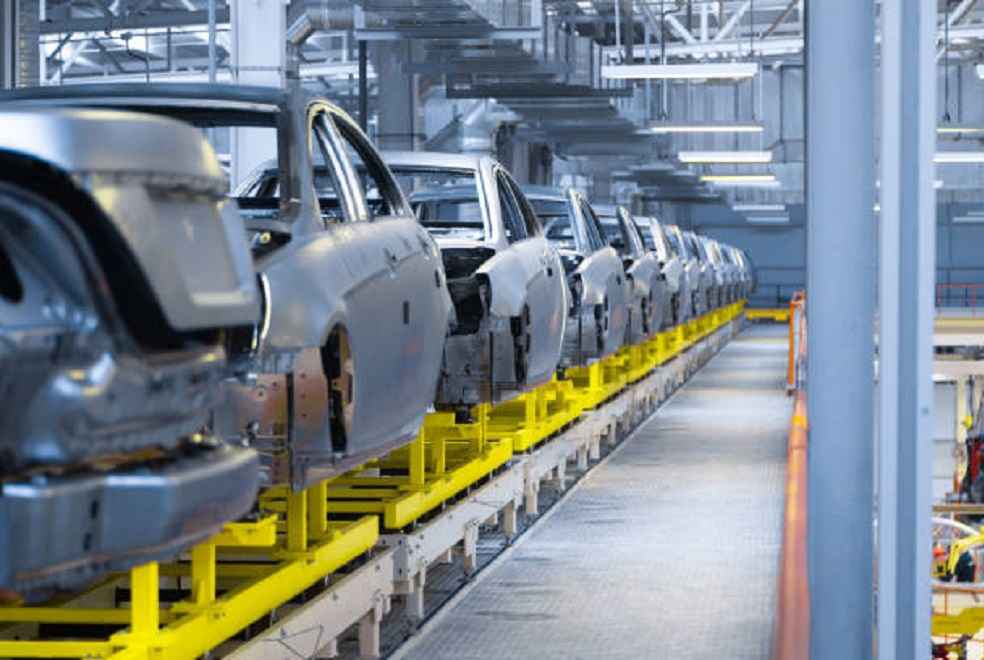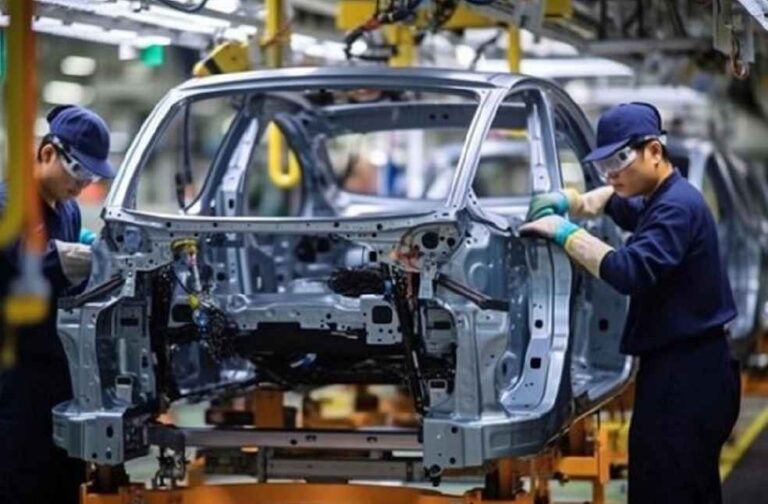The U.S. Commerce Department’s recent proposal targeting Chinese software and hardware in connected vehicles has sparked fierce opposition from Beijing. As national security concerns take center stage, this regulatory move intensifies the already strained relations between the two largest global economies.
Designed to mitigate perceived risks of data collection and foreign manipulation, the regulation seeks to remove Chinese technology from vehicles sold across the American market. Any cars with internet connectivity or navigation systems would fall under scrutiny, with major automakers facing the prospect of removing critical Chinese components from their designs.
China’s Ministry of Commerce wasted no time in denouncing the measure, calling on Washington to halt what it described as ‘unreasonable suppression’ of Chinese companies. The Ministry claimed the U.S. action was based on unfounded accusations, undermining market principles and fair competition.

According to a spokesperson, the regulation not only disrupts cooperation on connected vehicle technology but also threatens global automotive supply chains and disadvantages U.S. consumers.
This regulatory push aligns with the broader U.S. strategy to limit China’s technological influence, following restrictions on high-tech exports like semiconductors. American officials have raised alarms over the possibility of Chinese-made vehicles gathering sensitive data or being vulnerable to foreign control, posing serious national security risks.
Automakers reliant on global supply chains now face significant upheaval. If enforced, companies may need to redesign vehicle systems and source alternative components—an expensive and time-intensive process. Critics argue the move could restrict consumer choice and inflate vehicle prices, while also risking retaliatory trade measures from Beijing.

Proponents of the regulation maintain that safeguarding critical data and national infrastructure takes precedence, especially as cyber threats grow more sophisticated. The Chinese government has called for the immediate withdrawal of the proposed restrictions, underscoring its unwillingness to accept the new rules without a fight.
This clash between economic giants marks yet another step in their ongoing battle for technological dominance. As both nations continue to push their strategic interests, the automotive and tech industries now find themselves navigating an increasingly fragmented global market.
The regulatory proposal is open for public comment, with stakeholders expected to weigh in on the potential consequences for connected vehicles and international trade.
LOGISTICS INDUSTRY | New Zealand Businesses Brace for Impact as US Port Strikes Loom



